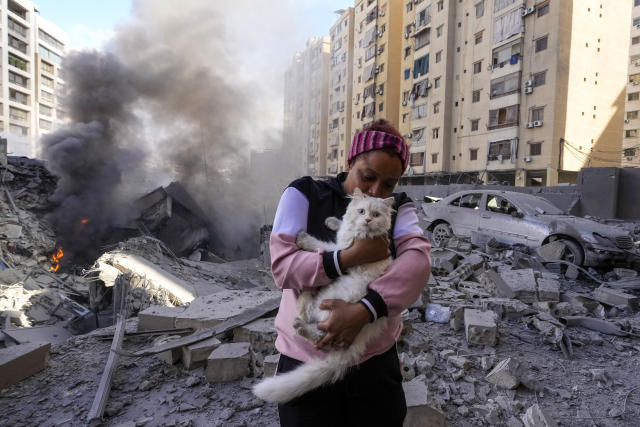As the Israeli military engages in combat with Iran-backed militant groups on several fronts, the Middle East is experiencing its most significant turmoil in 50 years.
On the anniversary of the October 7 Hamas attacks, Prime Minister Benjamin Netanyahu declared that Israel will “continue to fight.” Israel aims to eliminate Hamas and secure the release of hostages, but these goals remain unmet after a year of conflict.
On this anniversary, Israel intercepted various attacks from multiple sources, including five projectiles from northern Gaza and another five from Lebanon, along with a missile from Yemen.
Israel has initiated a new offensive in northern Gaza, where it has struggled to defeat Hamas, and is considering a response to Iran following last week’s missile barrage.
Recent developments in the region are:
October 7 Commemoration: The anniversary of the Hamas attacks was marked by grief and anger across Israel, with memorials held nationwide, including at the Nova music festival site and kibbutz Nir Oz.
Lebanon Strikes: Explosions rocked Beirut as Israel targeted Hezbollah, conducting nightly strikes in the southern suburbs since September 27.
Hospitals at Risk: An analysis revealed that at least seven hospitals are located in no-go zones designated by the Israeli military in southern Beirut.
Gaza Strikes: Israeli airstrikes across Gaza resulted in multiple casualties, including at least 10 deaths in the Jabalya refugee camp.
Evacuation Orders: The Israeli military has issued new evacuation orders for residents in northern and southern Gaza, intensifying its military operations. Many Palestinian residents expressed fears of having no safe place to take refuge.
Stalled Ceasefire: Following Israel’s rejection of a US-led ceasefire proposal with Hezbollah, the US is no longer actively seeking to revive the deal and is instead focusing on managing Israeli military actions in Lebanon and against Iran.
Future Risks: CIA Director William Burns highlighted the potential for unintended escalation in the region, though he noted that neither Iran nor Israel seems to seek full-scale conflict. National security adviser Jake Sullivan emphasized the need for Israel to convert tactical victories into a broader strategy for security. The US State Department indicated that there needs to be a governance solution in Gaza that excludes Hamas.




